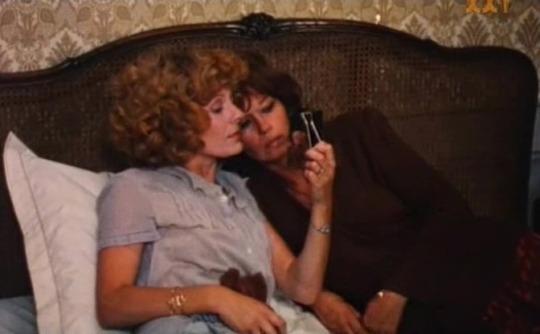#lea massari
Text




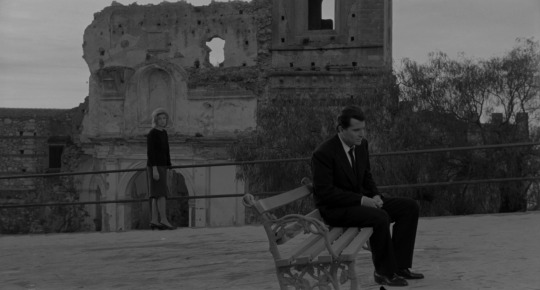
“The idea of losing you makes me want to die. And yet… I don't feel you anymore.”
L’Avventura (1960) dir. Michelangelo Antonioni
#l’avventura#michelangelo antonioni#monica vitti#lea massari#gabriele ferzetti#dorothy de poliolo#film screencaps#film stills#films#screencaps#cinematography
253 notes
·
View notes
Text
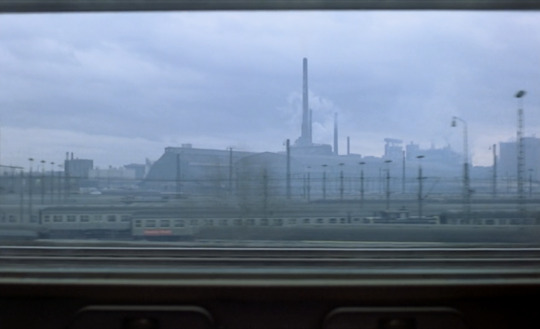
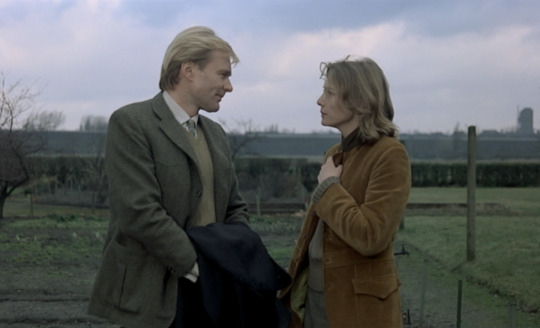


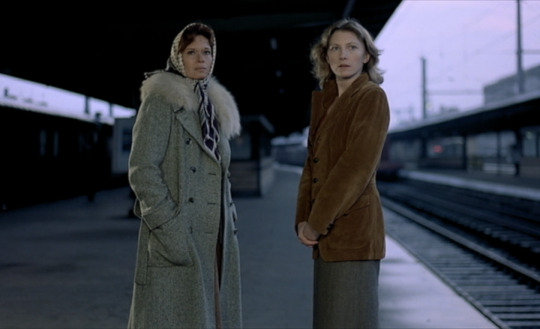
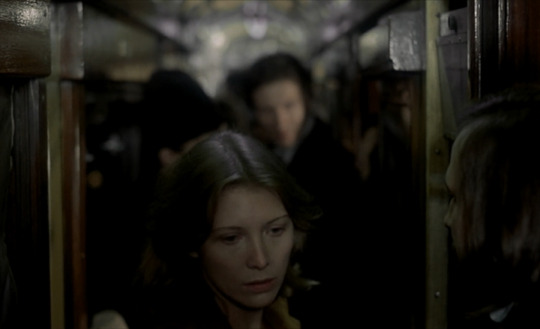

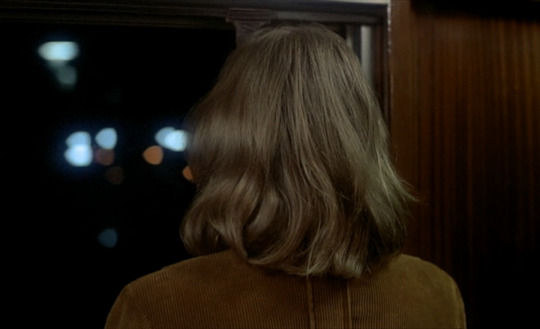
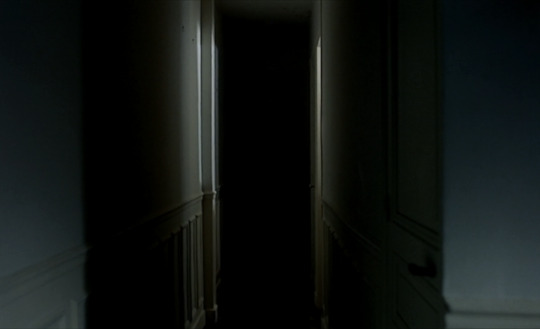
The Meetings of Anna (1978)
#went to log this on lb and just stared at the cast for a bit like does anyone remember uh actors?#from this little art form called the motion picture?#aurore clément#helmut griem#lea massari#the meetings of anna#les rendez-vous d'anna#70s#chantal akerman#women directors#mine
80 notes
·
View notes
Text


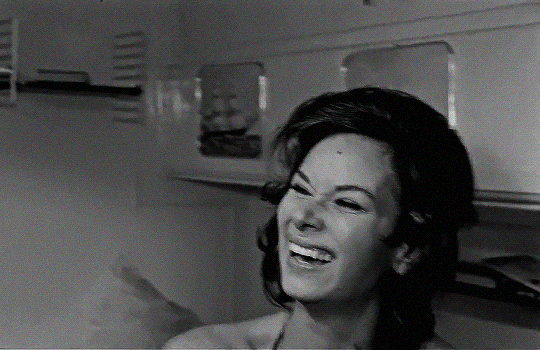

Lea Massari in L'AVVENTURA (1960) dir. Michelangelo Antonioni
#lea massari#l'avventura#worldcinemaedit#filmauteur#michelangelo antonioni#dailyflicks#classicfilmcentral#filmgifs#movieedit#filmedit#italian cinema#italian movie#nico.gif
58 notes
·
View notes
Photo

Sometimes I don't understand. The world's topsy-turvy. Women used to pray to find a husband, afraid they wouldn't be good enough for anyone; but, now? It'll all end badly, very badly.
The Meetings of Anna (Les rendez-vous d'Anna), Chantal Akerman (1978)
#Chantal Akerman#Aurore Clément#Helmut Griem#Magali Noël#Hanns Zischler#Lea Massari#Jean Pierre Cassel#Jean Penzer#1978#woman director
61 notes
·
View notes
Text
It's difficult keeping a relationship going with one person here and the other there. But it's convenient. Because you can imagine whatever you like. Do you see? Whereas when somebody's right in front of you, that's all you get. Know you what I mean?
8 notes
·
View notes
Photo
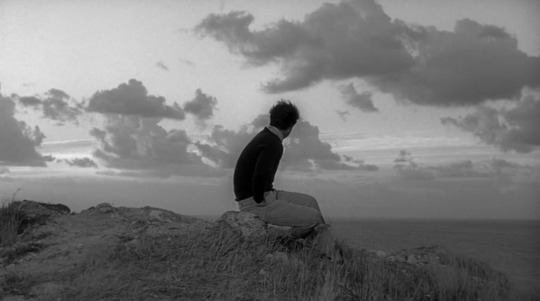

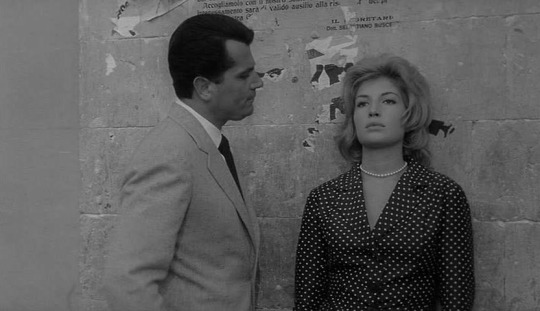
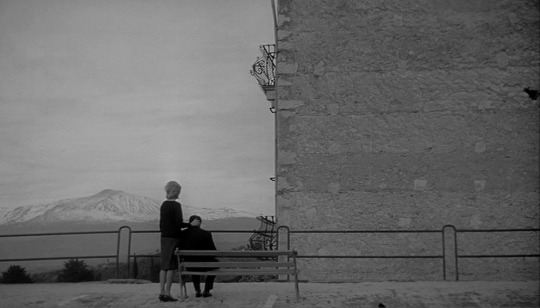
L’avventura (1960)
#l'avventura#lavventura#michelangelo antonioni#gabriele ferzetti#monica vitti#lea massari#films#letterboxd#cinema#cinematography#cinephile#60s#60s films#60s movies#movies#1960s
20 notes
·
View notes
Text
youtube
Allonsanfàn 1974
#Marcello Mastroianni#classics#movie#youtube#actor#Allonsanfan#İtalyan#İtalia#lea massari#mimsy farmer
7 notes
·
View notes
Photo

Lea Massari, Monica Vitti on the set of Michelangelo Antonioni’s L’avventura, Rome, 1960.
#lea massari#monica vitti#60s aesthetic#1960s fashion#60s style#60s icons#60s fashion#60s cinema#vintage 60s#60s cars
52 notes
·
View notes
Photo


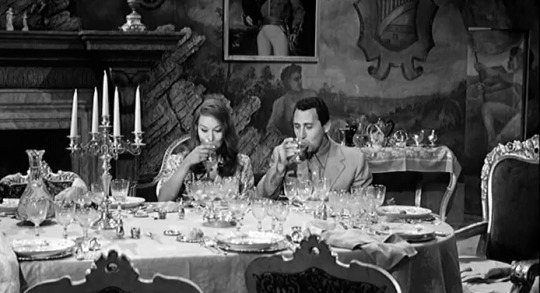
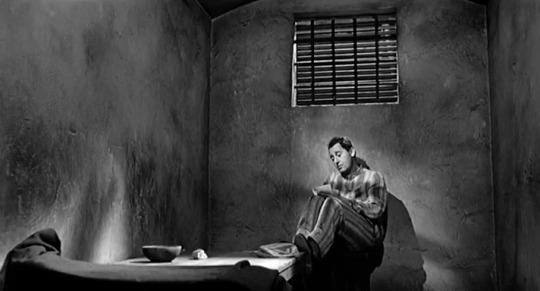
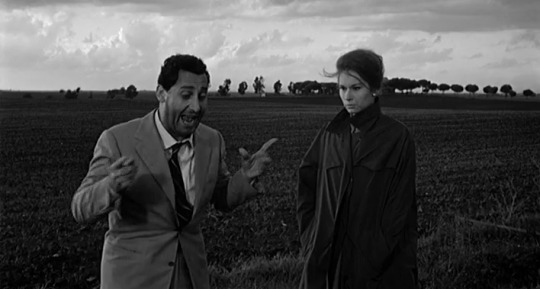
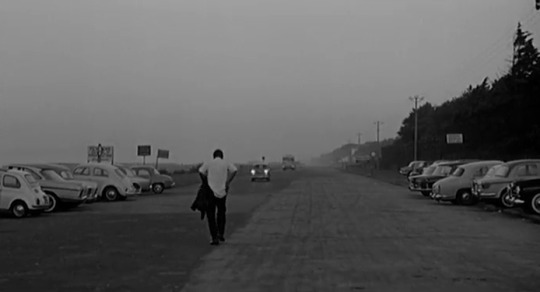
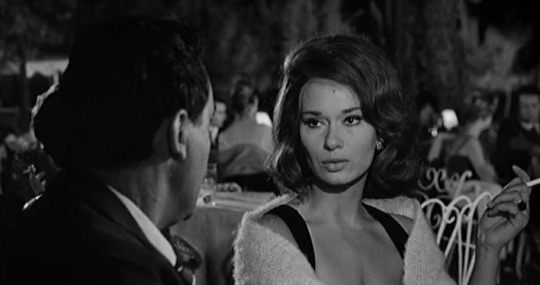
una vita difficile (1961), dino risi
#una vita difficile#alberto sordi#lea massari#love this sooo much#imagine if the way we were didn't have the worst man ever as its romantic lead lmao#dino risi
7 notes
·
View notes
Photo

Lea Massari and Gian Maria Volontè in
Christ Stopped At Eboli (Cristo si è fermato a Eboli) (1979)
Director: Francesco Rosi
I wont play spot the location on all of the films, but as explained Craco just fascinates me.
But I found where this scene was filmed, .
https://goo.gl/maps/ABztMBaU5M3ELsvq6
#Lea Massari#Gian Maria Volontè#Francesco Rosi#Craco#Italy#Abandoned Villages In Italy#Films made in the 1970s#Italian#Southern Italy#Basicilata#Italian Films#Italian Television#1970s#Cristo si è fermato a Eboli#Christ Stopped At Eboli
9 notes
·
View notes
Text

Karma coma Jamaica and Roma
3 notes
·
View notes
Photo

Seen in 2023:
Una Vita Difficile (Dino Risi), 1961
#films#movies#stills#Una Vita Difficile#A Difficult Life#Dino Risi#Alberto Sordi#Lea Massari#Italian#1960s#seen in 2023
2 notes
·
View notes
Photo

Benoît Ferreux, Ave Ninchi, Lea Massari, and Daniel Gélin in Murmur of the Heart (Louis Malle, 1971)
Cast: Benoît Ferreux, Lea Massari, Daniel Gélin, Fabien Ferreux, Marc Winocourt, Ave Ninchi, Michael Lonsdale, Jacqueline Chauvaud, Corinne Kersten, Gila von Weitershausen. Screenplay: Louis Malle. Cinematography: Ricardo Aronovich. Production design: Jean-Jacques Caziot.
There's a very dated play from 1953 called Tea and Sympathy by Robert Anderson that was made into an even more dated film by Vincente Minnelli in 1956 about a prep-school boy whose effeminacy makes him the target for gibes about homosexuality. To prove to the boy that he's a real man (i.e., not gay), the headmaster's wife offers herself sexually to the boy, telling him as she unbuttons her blouse and the curtain falls, "Years from now, when you speak of this, and you will, be kind." The film version, responding to Production Code strictures, adds a coda in which we learn that the boy is now married -- i.e., "cured." I thought of Tea and Sympathy as I watched Murmur of the Heart, whose very different problem -- adolescent horniness -- has a very different cure -- incest. Murmur of the Heart has always been something of a critical darling, from Pauline Kael's description of it as an "exhilarating high comedy" to Michael Sragow's essay for the Criterion Collection proclaiming that it "boasts the high spirits to match its high intelligence." And for the most part I concur: Lea Massari's joyously earthy performance as the mother is beautifully detailed, and Benoît Ferreux's endearing gawkiness brings the character of Laurent to full life. Louis Malle's script and direction keep things moving splendidly, never allowing things to bog down into "message moments" about priestly pedophilia -- years before that became the stuff of headlines -- or the parallels between the French involvement in Vietnam and that of the Americans, which was very much in the headlines when the film was made. And yet for me the ending of Murmur of the Heart seems as hollow as that of Tea and Sympathy. After having sex with his mother, the product of his attempt to console her for a breakup with her lover, he goes out to have sex with one of the girls he has met at the spa hotel where they're staying -- as if to prove that he's "straight," though in a different way from that of the Tea and Sympathy protagonist. There's an awkwardness in the setup -- the shocking taboo of incest -- for what turns into a feel-good ending gag: The whole family, including the mother, the cuckolded father, the bullying older brothers, and Laurent himself, join in uproarious laughter at the fact that Laurent has gotten laid. If what had gone before the incest scene had not been so splendidly wrought -- if, in fact, the incest scene itself hadn't been so tastefully handled -- would we really feel satisfied with this ending? For that matter, are we today really content with the film's ongoing sexism, including the scene with Laurent in the brothel and an uncommonly pretty prostitute? Would anyone ever dare to make a comedy that concluded with a girl whose quest to lose her virginity ends with her having sex with her father? Or is it that what makes Murmur of the Heart a successful film is that it raises all these questions without belaboring us with them? It's a virtual catalog of all of the social and sexual hangups that continue to make growing up such a trial. That it achieves this with, yes, "high spirits" and without preachiness may be its real virtue.
2 notes
·
View notes
Text

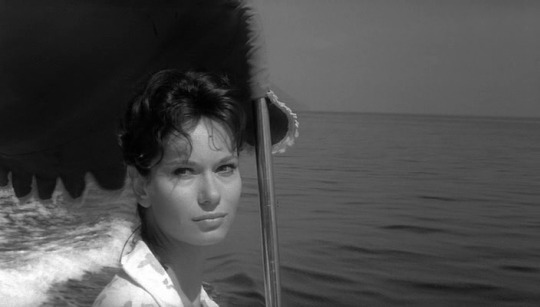


Lea Massari y Monica Vitti en
L'Avventura (1960)
Michelangelo Antonioni
2 notes
·
View notes

